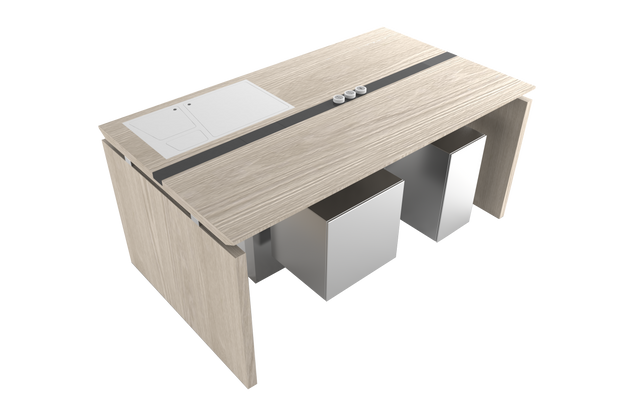WELL LIVING - Research program
Ecology and ergonomics in the kitchen
General Info
Technological and usage innovation of the kitchen environment and its accessories
Typology
Agreement between the Department of Architecture (TAED) and Effeti Industries - POR CREO, Tuscany Region
Research program
Ecology and ergonomics in the kitchen: use and technological innovation of the kitchen and its accessories for the competitive development of the company.
Scientific coordination
Francesca Tosi - University of Florence - Department of Architecture DIDA
Development and coordination
Alessandra Rinaldi - University of Florence - Department of Architecture DIDA
Tutor
Simone Lucii e Irene Bruni - University of Florence - Department of Architecture DIDA
PROJECT DESCRIPTION
General Objective
Innovative solutions development aimed the demolition of the environmental impact of the food system, especially in the use phase. The specific objective was to define new domestic environment scenarios, which put at the center of the production not only aesthetic aspects and functional and economic development, but also the respect for man and the environment.
The contribution of the Ergonomics & Design Laboratory (LED)
The analysis of the users needs and expectations, based on the human-centred design approach allowed the individuation of typological and technological innovation in the kitchen systems, in its components and the individuation of new services.
The introduction of this elements in a mature sector as domestic kitchen, can stimulate innovation in lifestyle and habits related to the preparation and consumption of food, in particular for the reduction of consumption, the proper use and consumption of energy sources, and waste reduction.
The identified guidelines in the research project was tried and tested with the workshop "Well-living in kitchen: technological and usage innovation in kitchen environment."
The workshop involved some graduates and undergraduates design students with an innovative approach renamed Creativity@Factory.
The workshop took place within the Effeti company where young creatives, led by senior researchers and professors of the University interacted directly with experts and production technicians.
The result was a series of projects based on the approach human-centred design with the purpose to to extend the products range, not only in terms of equipment combinations, accessories and colors, but especially in terms of users and housing types.
The workshop produced concepts that focused on four categories, identified as highly innovative for the kitchen system: the smart table, the wall system and the furniture, the wearable accessory, the smart floor.






